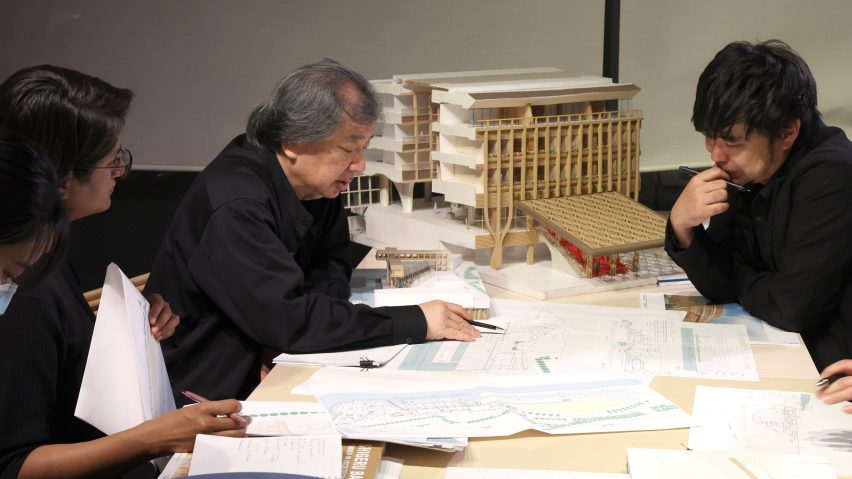
Shigeru Ban wins 2024 Praemium Imperiale for architecture
Japanese architect Shigeru Ban has been named the architecture laureate for this year's Praemium Imperiale awards by the Japan Art Association.
The Praemium Imperiale is an annual global arts prize that celebrates creatives in the fields of architecture, painting, sculpture, music, theatre and film.
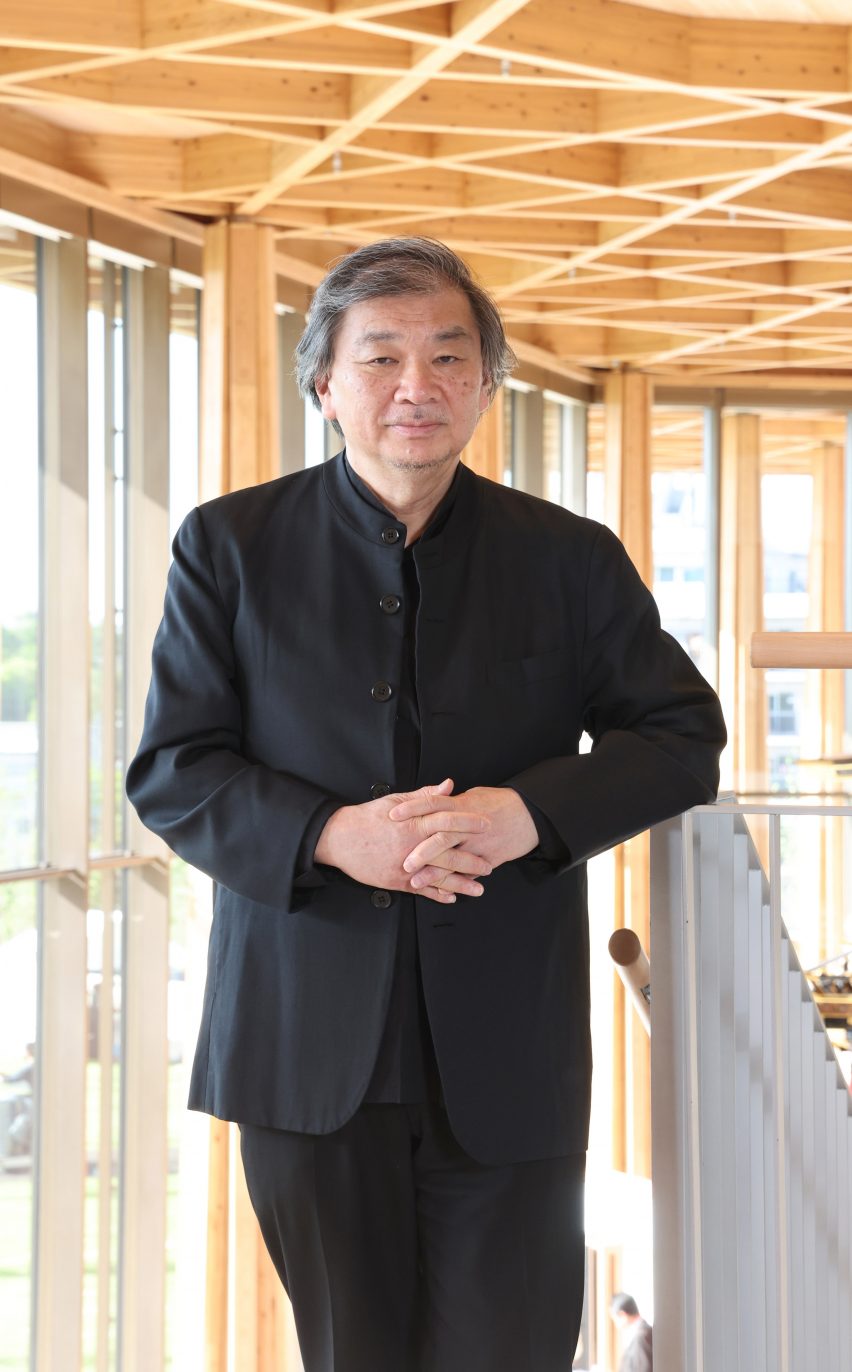
Ban, who leads architecture studio Shigeru Ban Architects, was selected for the 2024 Praemium Imperial award for his contributions to the field of architecture and wins the 15-million-yen prize.
The architect, who is known for his work in disaster relief, was described by the Japan Art Association as having "fulfilled his mission as an architect in times of peace as well as in times of emergency".
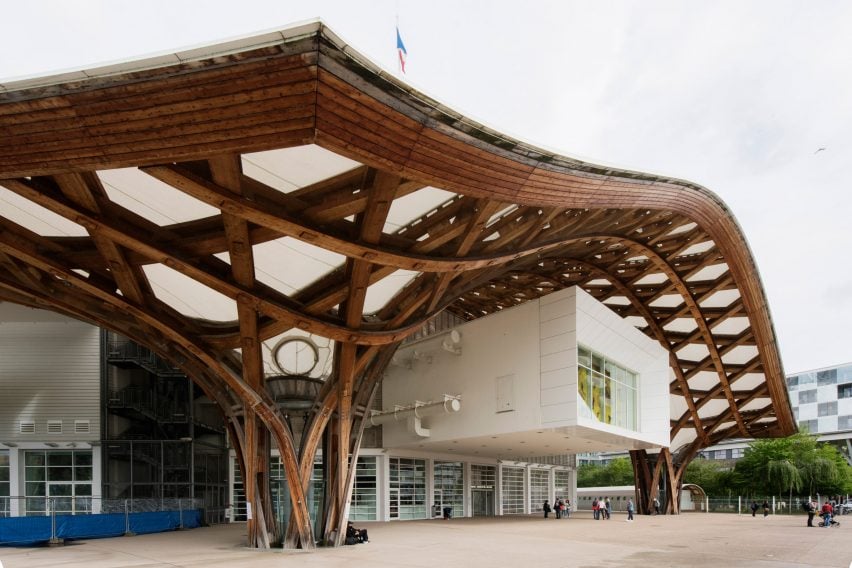
Born in Tokyo in 1957, Ban studied at the Southern California Institute of Architecture and the Cooper Union School of Architecture before opening his own practice in Japan in 1985.
Shigeru Ban Architects has since designed a number of notable buildings around the world, including the Centre Pompidou-Metz in France, the Tamedia Office Building in Switzerland and the Cardboard Cathedral in New Zealand.
Alongside his cultural buildings, the Japan Art Association praised Ban for his contribution to disaster relief programmes and the establishment of the non-profit organisation Voluntary Architects Network (VAN) in 1995.
Often working with wood, paper or bamboo, Ban has designed several structures for use as emergency housing, which include the Paper Log House, a shelter created as a prototype for victims of natural disasters following a devastating earthquake in Morocco last year.
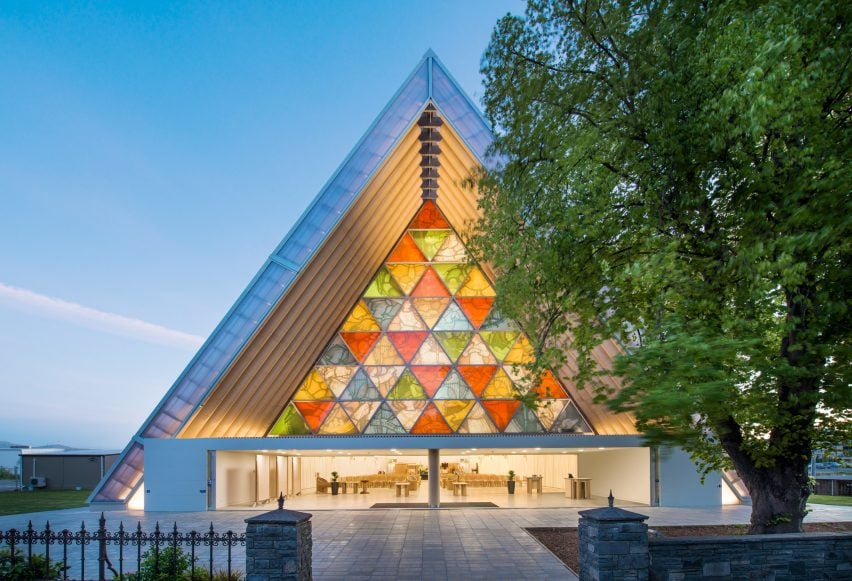
"VAN and Shigeru Ban Architects have carried out disaster relief activities for nearly 30 years, providing temporary shelter, partition systems, community centres and spiritual places for victims of natural disasters and conflicts in countries including Rwanda, Syria, Turkey India, China, Italy, Haiti and Ban's native Japan," the Japan Art Association said.
"Most recently, Ban supplied Paper Partition System for shelters for Ukrainian refugees inside Ukraine, neighbouring Poland and Slovakia as well as Germany and France."
The studio has also recently designed a surgical wing for the expansion of Ukraine's largest hospital, which is located in Lviv.
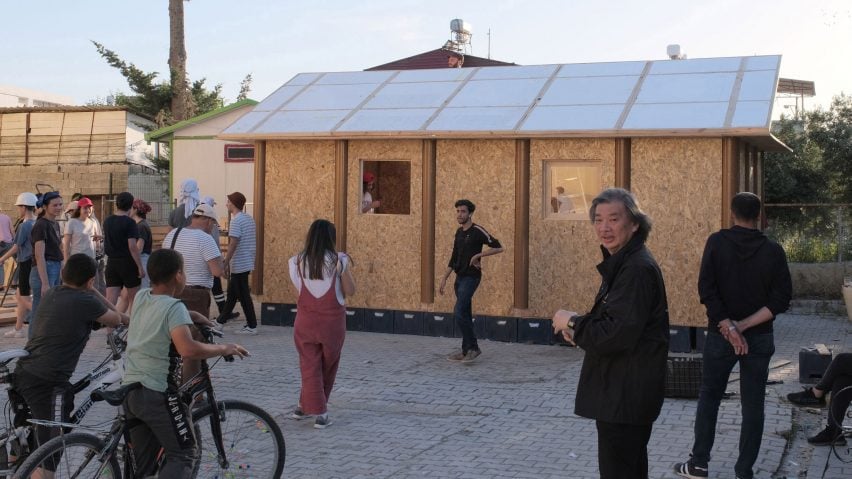
Ban has received a number of awards throughout his career and was awarded the renowned Pritzker Architecture Prize in 2014.
The Praemium Imperiale awards were inaugurated in 1988 and are given out annually by Japan's Imperial family. This year's winners will each receive 15 million yen (£73,000).
Other winners of this year's Praemium Imperiale awards include French artist Sophie Calle for painting, Taiwanese filmmaker Ang Lee for theatre and film, Portuguese pianist Maria João Pires for music and Colombian artist Doris Salcedo for sculpture.
Previous winners of the architecture award include Zaha Hadid, Glenn Murcutt, Frank Gehry and Tod Williams and Billie Tsien.
Last year Burkinabè architect Diébédo Francis Kéré was awarded the Praemium Imperiale for architecture and was praised for his buildings that "utilise the skills and energies of the local community".
The photography is courtesy of The Japan Art Association / The Sankei Shimbun unless otherwise stated.